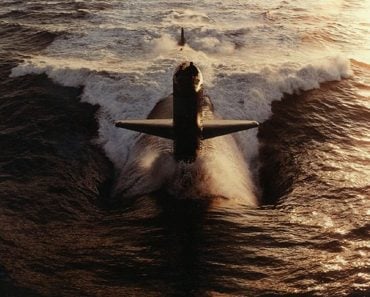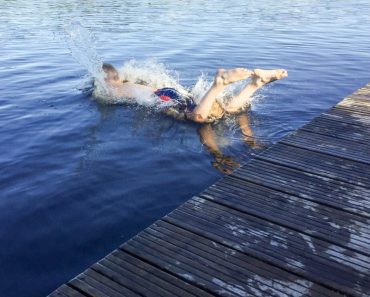Table of Contents (click to expand)
If someone falls overboard from a ship, the best thing to do is to raise a ‘Man overboard!’ alarm and keep track of the victim’s location. The ship can then turn back to get the fallen passenger by using a ‘man overboard rescue turn.’ The victim can try to stay calm and relaxed, and hope for the best.
Falling overboard from a ship in the open sea is one of the worst things that could happen to someone traveling onboard. Why, you ask? Well, mainly because there are a number of dangers involved and the odds of rescue are severely stacked against the victim.
It sounds pessimistic, but it’s true.
Recommended Video for you:
The Dangers Of Falling Overboard
The Fall
To start with, there’s the fall itself. Large vessels, such as cruise and naval ships, have their decks situated high above the water’s surface. This means that if someone falls from the deck, they could fall from a height of at least a few dozen meters, if not more.
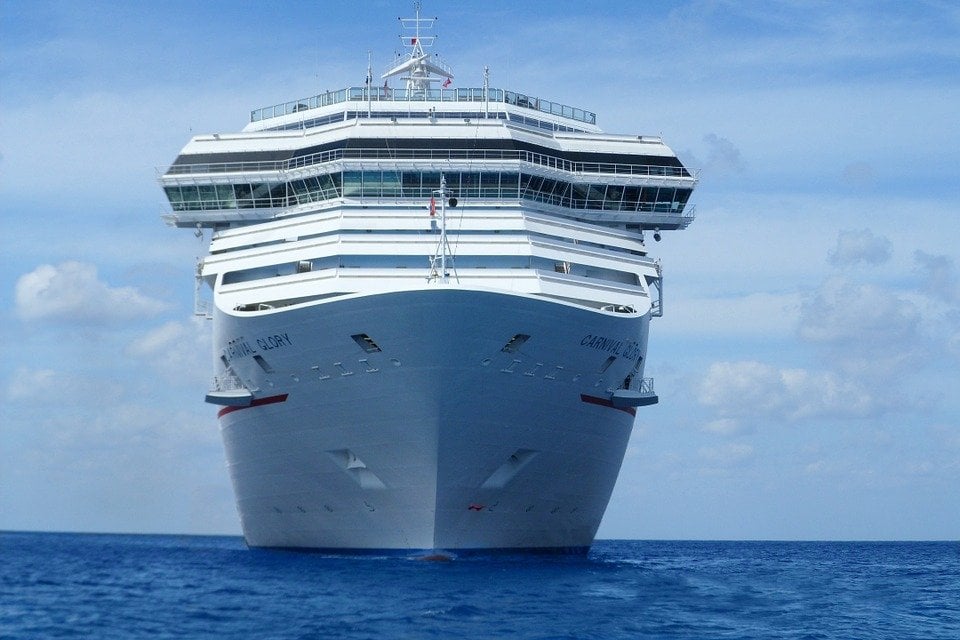
The risk of bodily harm when falling into water depends on how you fall, that is, the posture of your body as you fall. Unless you’re intentionally jumping overboard (which you shouldn’t!), you’ll likely be in a poor position when you hit the water, which could result in serious injury.
To be more specific, water is an incompressible liquid, which means that falling into water from a significant height is not much different from falling onto solid ground. That’s why people, such as divers, who purposefully jump into the water do so from as low of a height as possible and in a pencil-like posture to efficiently break the surface without injuring themselves.
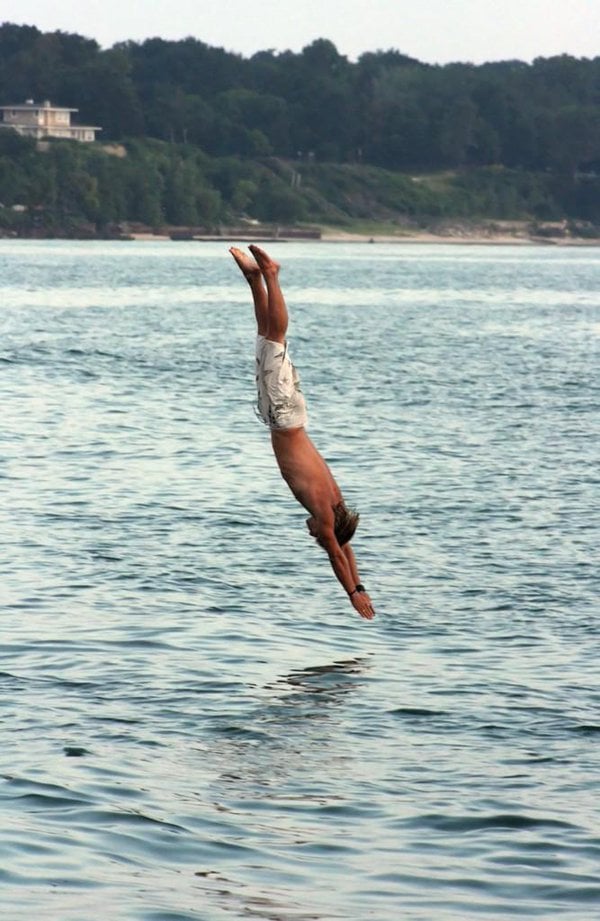
Someone who falls into the water from a great height by accident will likely sustain not-so-minor injuries, such as broken bones or fractures.
Cold Shock Response
If a person falls overboard into chilly water, their body instinctively expels all the air inside them and they involuntarily try to inhale as much air as possible. This reflex action could lead to the victim unconsciously swallowing the frigid saltwater that surrounds them, which could worsen the situation, particularly if the victim is submerged.
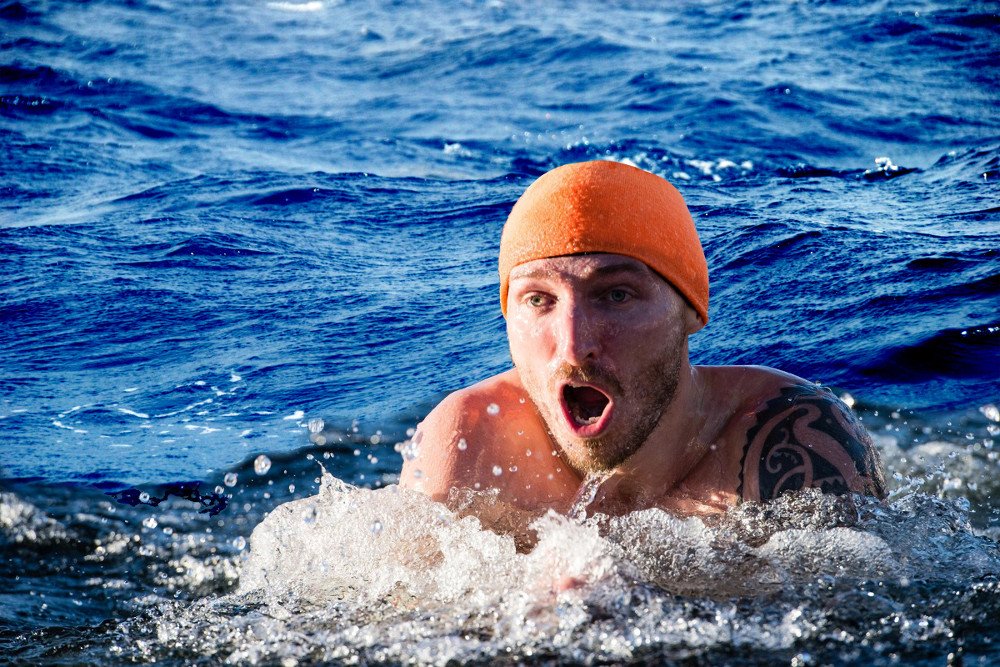
In fact, cold shock response is probably the most common cause of death from sudden immersion in very cold water (Source).
Risk Of Being Too Close To The Ship
If you fall too close to a ship, one of the dangers is being thrown around by the strong currents. While you won’t be sucked under or shredded by the propellers of a big ship, you might be thrown away by the turbulent water around the ship’s hull, making it harder for someone onboard to locate you.
Hypothermia
Your chances of survival and how long you can survive depend on the water temperature you fall into. Caribbean waters are usually warm enough to keep you alive for a while, but falling into the icy waters of the Arctic Ocean can cause hypothermia, leading to the loss of brain function and death in just a few minutes.
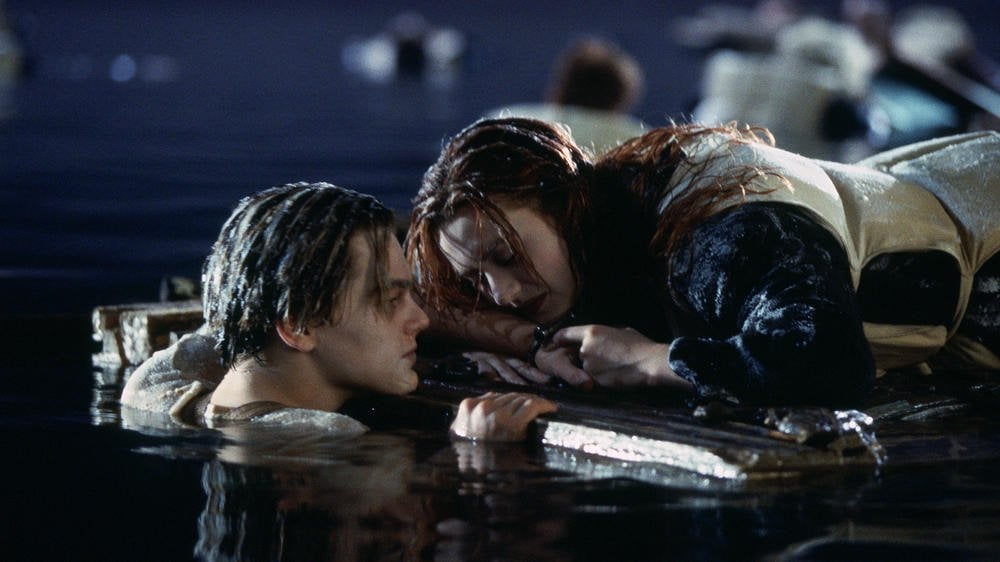
Even if the water temperature is relatively higher, you can’t stay afloat in the water forever because the water is still colder than your body’s core temperature. Your body will lose heat to the surrounding water, which is warmer than your body, causing you to lose body heat.
Aquatic Creatures
This factor is totally dependent on the fauna biodiversity of the water. The profile of marine creatures in the Arctic, where the water is extremely cold, is quite different from the marine beasts found in the Caribbean.
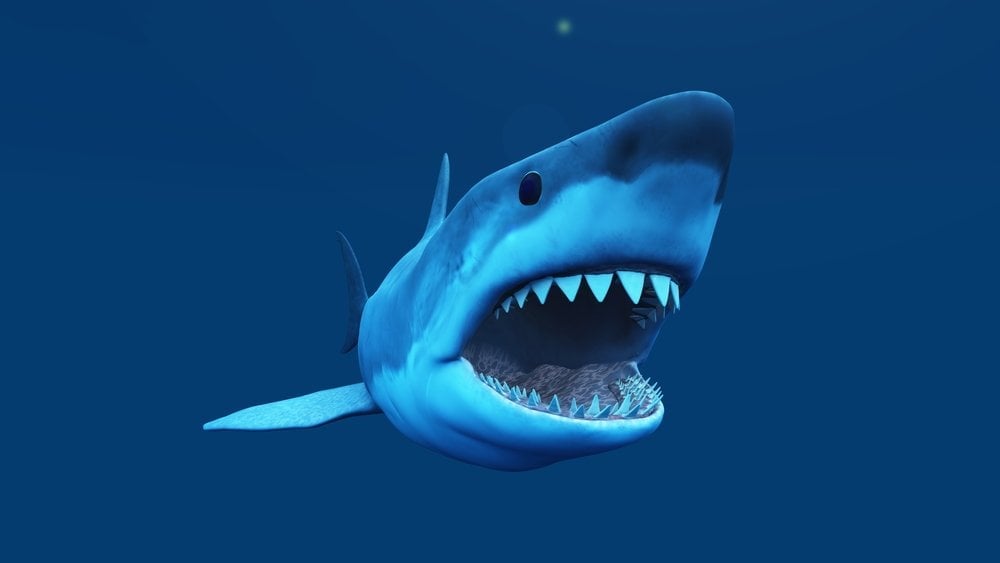
Although sharks, one of the scariest aquatic creatures known to attack humans, are found in all major oceans of the world, they usually live in regions where the water isn’t too cold. They are also pretty good at locating their prey (through electroreception) and will attack if they sense even small traces of blood in the environment.
The good thing, though, is that most shark species (and even other aquatic species) are not aggressive toward humans and don’t usually attack without provocation. After all, feeding is not the reason sharks typically attack humans.
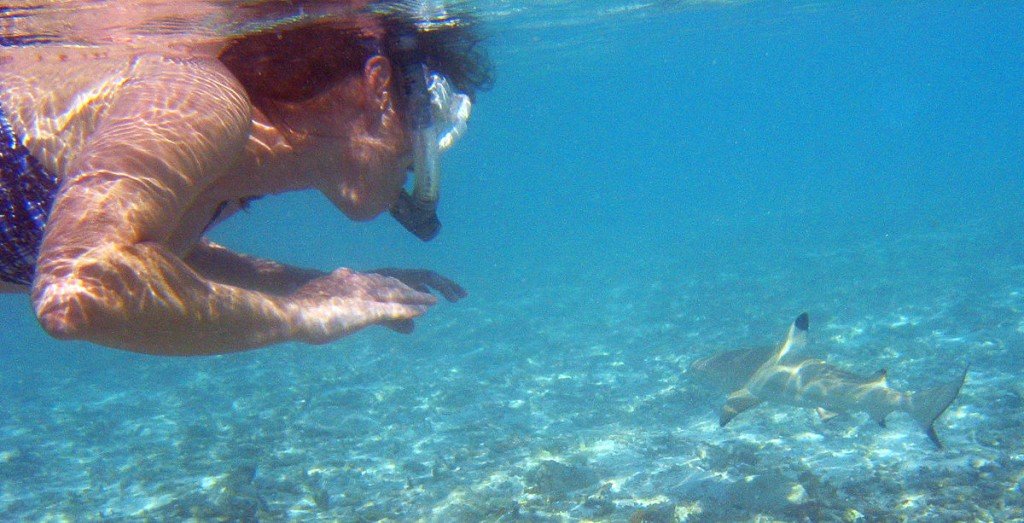
What Should You Do If Someone Falls Overboard?
If someone falls overboard on a ship, their survival depends on how quickly they are noticed. Ideally, someone on the ship sees the person fall and immediately sounds the Man Overboard! Alarm. They should then keep an eye on the person in the water to track their movements.
It’s crucial to keep track of the person’s exact location, as the water surface in open seas is often choppy, and the person may be hard to spot, especially at night.
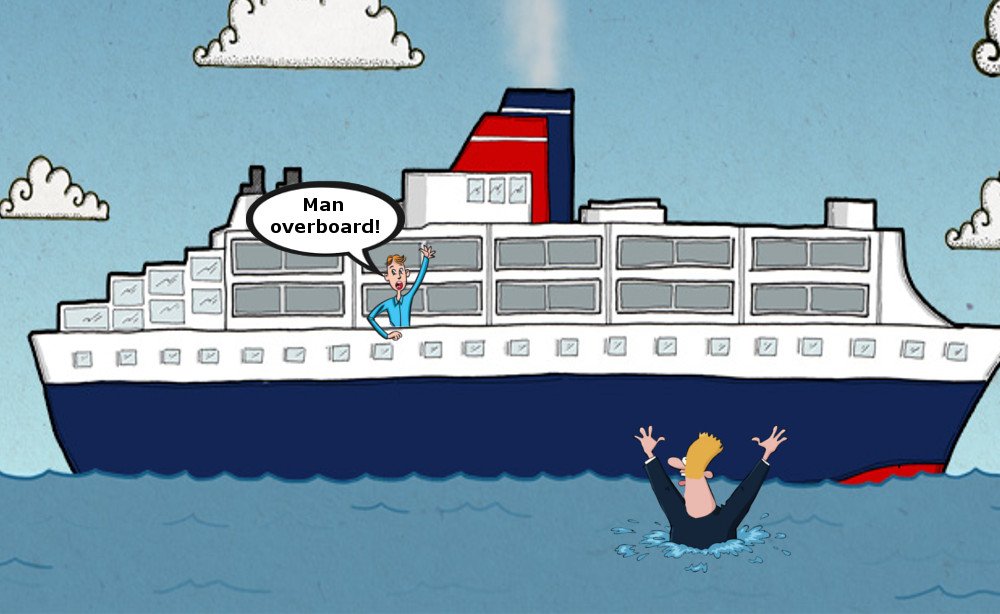
When the person is found, people on the ship should throw anything that floats near them, such as a life ring, to help them stay afloat until they’re rescued. This also helps to mark their location for the rescue team.

After the alarm is raised, the ship should immediately perform a ‘man overboard rescue turn’ to head back and retrieve the fallen passenger.

Large ships, such as aircraft carriers, cannot instantly maneuver a U-turn and fish out the floating victim. Therefore, instead of turning around a gigantic metallic object, a smaller manned boat (known as the MOB boat) can be launched to rescue the victim.
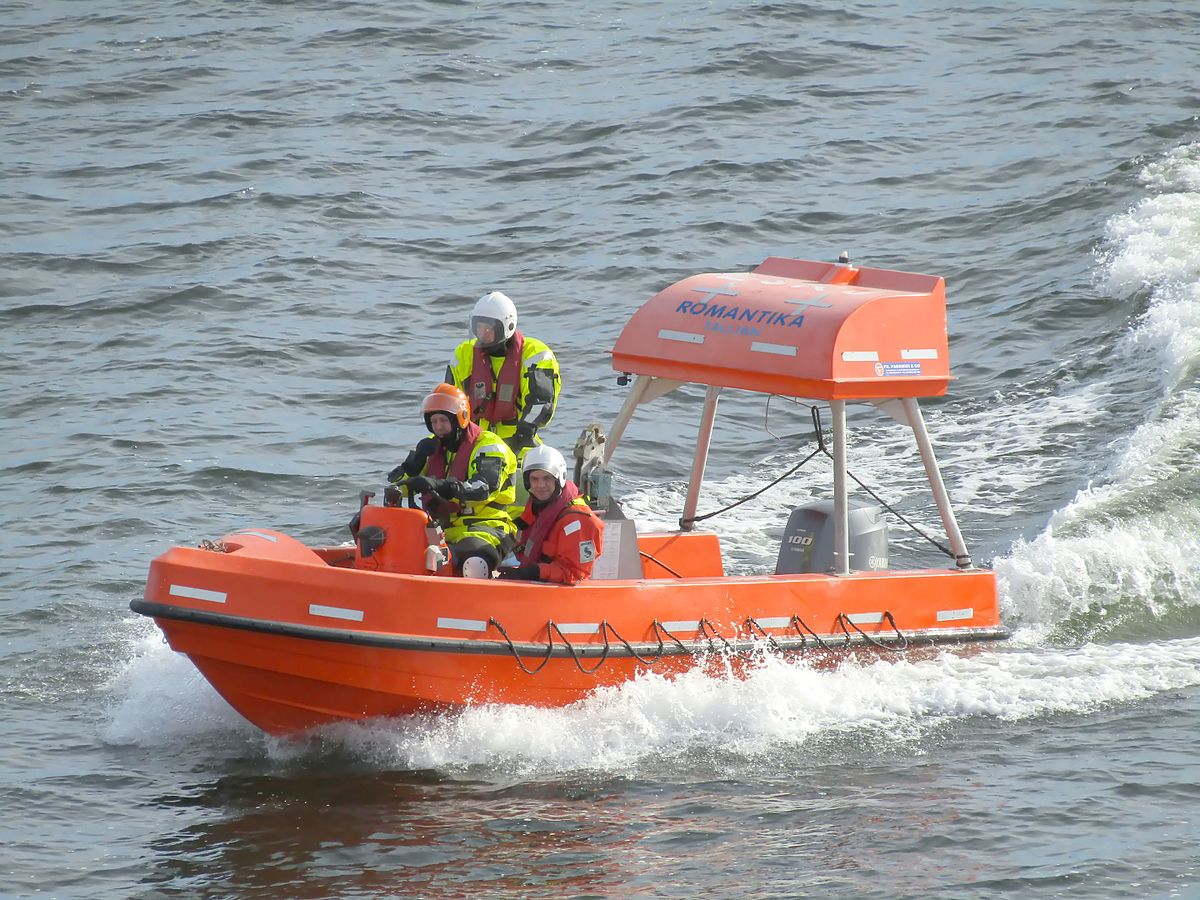
What Can The Victim Do?
The best and probably the only thing you can do to avoid falling overboard is to stay away from the edges and railings on the upper decks of a ship, particularly when no one’s around. Because once you land in the water, you can’t do much apart from waving your arms and calling for help.
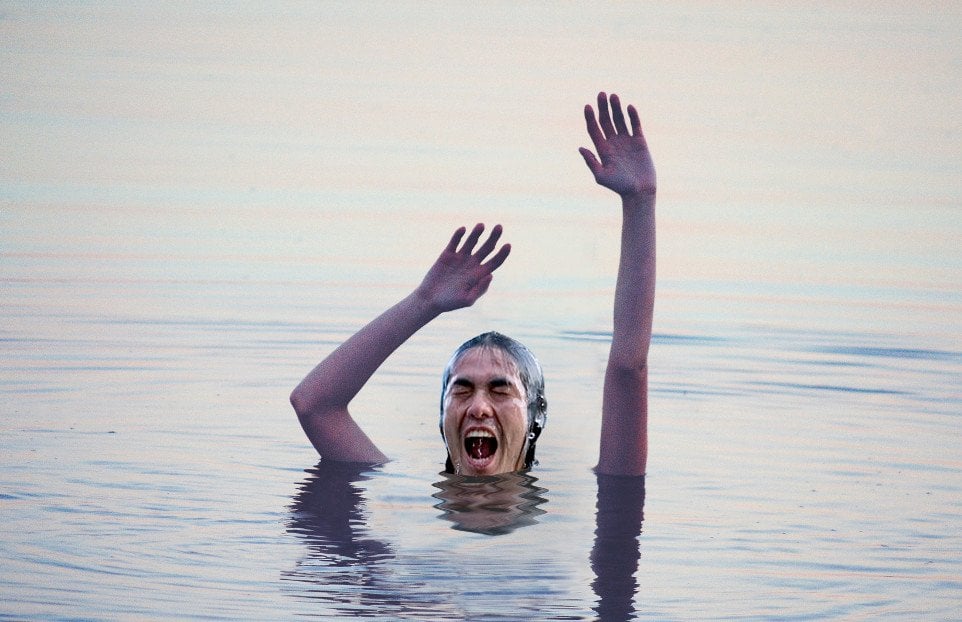
What you can do is stay calm and relaxed, which can make all the difference between life and death in such situations.
Most importantly, try and stay positive. Be hopeful. Remember that people have fallen overboard in the past and have been rescued successfully.

In fact, there are quite a few survival stories of people who have fallen overboard on a ship. Of those I know about, my personal favorite is of a man who fell off a tour boat in the Indian Ocean and stayed in the water for 29 hours straight, surviving through dehydration, storms, sharks, and hallucinations of the Virgin Mary!
Last Updated By: Ashish Tiwari
References (click to expand)
- Human Physiological Responses to Cold Exposure.
- Domeh, V., Obeng, F., Khan, F., Bose, N., & Sanli, E. (2021, June). Risk analysis of man overboard scenario in a small fishing vessel. Ocean Engineering. Elsevier BV.
- Man Overboard detecting systems based on wireless ....
- Mou, J., Hu, T., Chen, P., & Chen, L. (2021, September). Cooperative MASS path planning for marine man overboard search. Ocean Engineering. Elsevier BV.
- Water Compressibility | U.S. Geological Survey.



